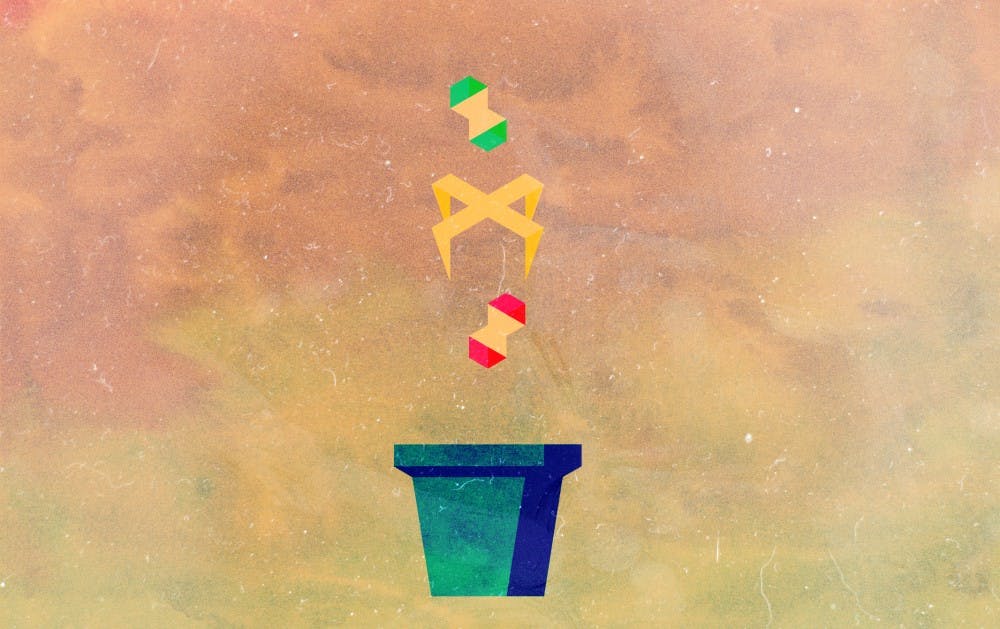While composting has already made its way to ASU's dining halls, some environmental advocates want broader adoption of the waste management solution.
Since joining the Environmental Protection Agency’s Food Recovery Challenge in 2012, the University has slowly been adapting composting station across all campuses, with the downtown Phoenix campus being the last to join the initiative in 2013. The largest amount of that compost comes from campus dining halls, which have all been fitted for proper composting.
“Composting should be mainstreamed on campus, not only in sustainability but in every other program," said Abigail Graves, the student engagement coordinator for the School of Sustainability.
Graves said a compost bin in the Tempe campus’s Wrigley Hall is available for the residential community to make use of, but if similar stations were set up for all ASU residential halls, it would be both an educational and environmental advantage for students.
Small efforts have been made in the past to begin education on the advantages of composting for all students, including a three-day composting programs workshop that was scheduled to take place this past October.
The workshop was supposed to be taught by Risa Weinberger, the certified manager of composting at Solid Waste Association of North America. However, Weinberger said the event was cancelled because of low enrollment stemming from a lack of promotion.
“During the workshop, students were meant to learn the fundamentals of composting, the chemistry, the biology of it, as well as regulations and the business side of composting,” Weinberger said.
She said the workshop would equip students with the knowledge to compost on their own. Students would also gain knowledge about when and where they are allowed to compost and how to utilize the compost material in a variety of ways.
Even though there were a low number of students enrolled in the workshop, there is interest and a need for resources for students on campus that already have adopted composting into their everyday lives, graduate sustainability student Erica Bejarano said.
Bejarano said she originally came to ASU with an interest in zero waste which ultimately led her to a minimalist lifestyle — including composting as a part of her daily life.
During her undergraduate studies at Berea College in Kentucky she was the leader of a residential life composting movement for students living in the school's dorms. Bejarano said the program wasn’t maintained after her leaving due to a lack of infrastructure within dorms to maintain a permanent composting program.
Bejarano said she sees some of those same issues here at ASU and encourages the University to make changes to accommodate an easier dorm composting system for students and share ways to start making a change.
“It starts with incorporating an educational program that tackles the issue of the growing number of landfills and bringing students information on other successful strategies that other universities have adapted," she said.
Reach the reporter at trivera3@asu.edu or follow @RiveraTaylor21 on Twitter.
Like The State Press on Facebook and follow @statepress on Twitter.




